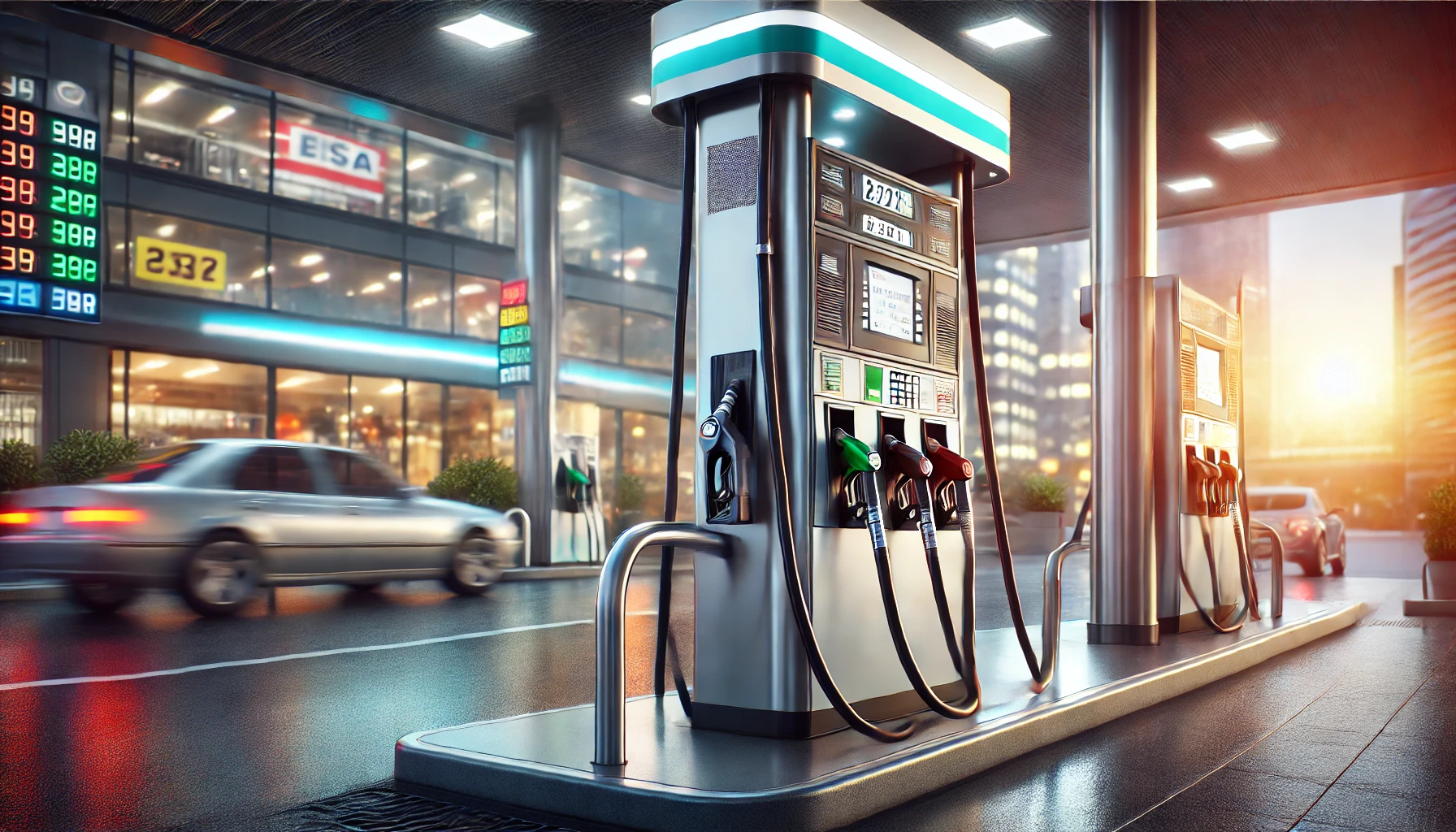The gasoline pump is an indispensable part of modern transportation infrastructure, facilitating the efficient refueling of vehicles across the globe. As a cornerstone of fuel stations, its evolution and technology have profoundly impacted the way fuel is dispensed and managed. Let’s explore the intriguing details of this vital invention, from its history to its modern applications.
What is a Gasoline Pump?
A gasoline pump, also known as a fuel dispenser, is a device used to transfer fuel, typically gasoline or diesel, from storage tanks to vehicles. Found at gas stations worldwide, these pumps combine mechanical systems and electronic controls to measure and deliver precise fuel amounts.
Key Features:
- Metering Mechanism: Ensures accurate measurement of fuel dispensed.
- Nozzle System: Delivers fuel directly into the vehicle’s tank.
- Digital Interfaces: Display real-time data, such as fuel volume and price.
The Evolution of the Gasoline Pump
The journey of the gasoline pump began in the late 19th century when fueling requirements were much simpler. Early models relied on manual operation and gravity to dispense fuel. Over the decades, advancements in technology brought significant changes.
Milestones in Development:
- 1900s: Introduction of hand-operated pumps for measured dispensing.
- 1920s: Motorized pumps revolutionized fuel delivery with electric power.
- 1980s: Digital displays became common, offering users clear and accurate readings.
- Present Day: Integration with smart technologies, enabling mobile payments and IoT connectivity.
How Does a Gasoline Pump Work?
The operation of a gasoline pump involves multiple components working in harmony. These include:
- Storage Tank Connection: Underground tanks store the fuel supply.
- Pump Mechanism: A motorized pump draws fuel from the tank.
- Flow Measurement: Sensors calculate the quantity of fuel passing through the nozzle.
- Delivery to Nozzle: Fuel flows into the vehicle’s tank via a flexible hose and nozzle.
Advanced Features:
- Automatic shut-off to prevent overflows.
- Vapor recovery systems to minimize environmental impact.
Modern Technology in Gasoline Pumps
Technological innovation has transformed gasoline pumps into sophisticated devices equipped with cutting-edge features.
Smart Capabilities:
- Contactless Payments: Enables fast and secure transactions via NFC or QR codes.
- Remote Monitoring: Station operators can track fuel levels and performance.
- Interactive Screens: Provide additional services, such as directions or advertisements.
Advantages of Modern Gasoline Pumps
The advancements in gasoline pump technology have brought numerous benefits to consumers and businesses alike.
- Enhanced Accuracy: Digital systems reduce measurement errors.
- Convenience: Faster and user-friendly operations.
- Sustainability: Integration of eco-friendly systems, such as vapor recovery.
Challenges in Gasoline Pump Operations
Despite their many benefits, gasoline pumps also face challenges, such as:
- Maintenance Requirements: Frequent use demands regular servicing to maintain efficiency.
- Energy Consumption: Motorized pumps require electricity, increasing operational costs.
- Security Concerns: Vulnerability to tampering or cyberattacks on digital systems.
The Role of Gasoline Pumps in Modern Society
Gasoline pumps play a critical role in fueling the global transportation network. They ensure the efficient distribution of fuel to billions of vehicles, supporting industries, commerce, and daily commutes.
Industry Impact:
- Facilitation of logistics and supply chains.
- Essential support for emergency services.
Environmental Initiatives:
- Development of biofuel-compatible pumps.
- Innovations to reduce emissions during fueling.
Common Types of Gasoline Pumps
There are several types of gasoline pumps, each tailored to specific needs and preferences.
Types and Uses:
- Self-Service Pumps: Allow customers to fuel vehicles independently.
- Full-Service Pumps: Include attendant services for added convenience.
- High-Flow Pumps: Designed for trucks and large vehicles requiring rapid fueling.
Comparison Table:
| Type | Features | Ideal For |
|---|---|---|
| Self-Service Pumps | Cost-effective, user-operated | Personal vehicles |
| Full-Service Pumps | Attendant assistance | Luxury and senior users |
| High-Flow Pumps | High-speed delivery | Commercial vehicles |
Future Trends in Gasoline Pump Technology
The future of gasoline pumps looks promising, with continuous improvements in efficiency and functionality. Emerging trends include:
- Integration with Electric Vehicle Chargers: Supporting hybrid fueling stations.
- AI and Analytics: Offering predictive maintenance and dynamic pricing.
- Green Solutions: Focus on renewable energy compatibility.
Conclusion about gasoline pump
The gasoline pump stands as a testament to human ingenuity and technological progress. From its humble beginnings to its current status as a high-tech device, it continues to fuel our world—literally and metaphorically. As we move toward a greener future, gasoline pumps will undoubtedly evolve further, blending efficiency with sustainability.
FAQs about gasoline pump
What are gasoline pumps made of?
Gasoline pumps are constructed using durable materials like stainless steel, aluminum, and reinforced plastics to withstand fuel exposure and environmental factors.
How do gasoline pumps measure fuel?
Fuel measurement is achieved using flow meters and sensors that ensure accurate readings during dispensing.
Can modern gasoline pumps detect fuel theft?
Yes, advanced systems are equipped with anti-tampering features and alarms to detect theft attempts.
What safety measures are in place for gasoline pumps?
Safety measures include automatic shut-off systems, fire suppression equipment, and adherence to strict regulations.
Are gasoline pumps compatible with alternative fuels?
Many modern pumps are designed to handle biofuels, ethanol blends, and other alternatives.



